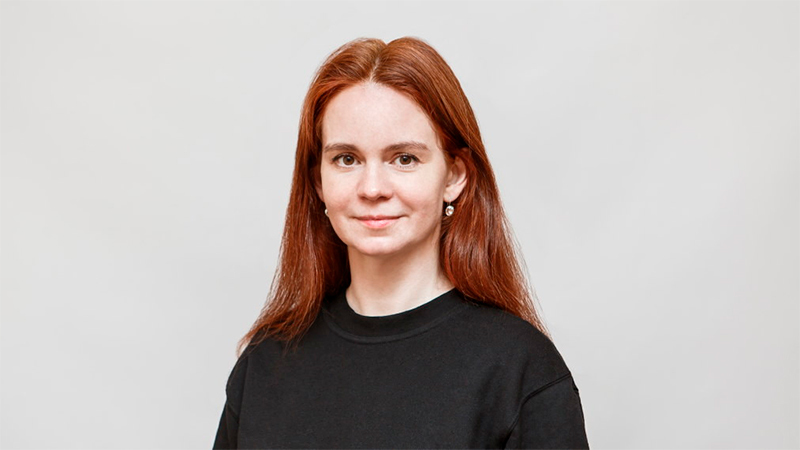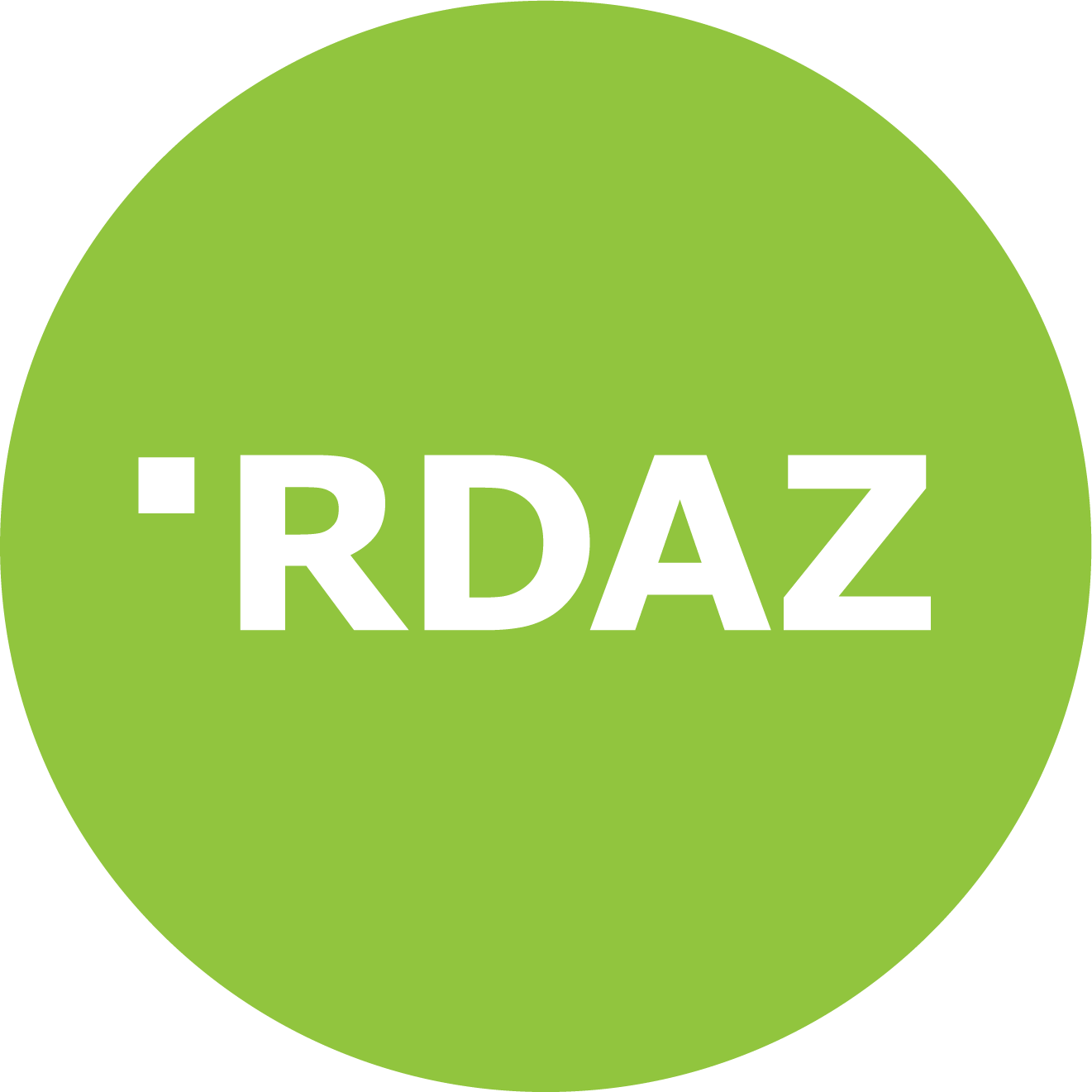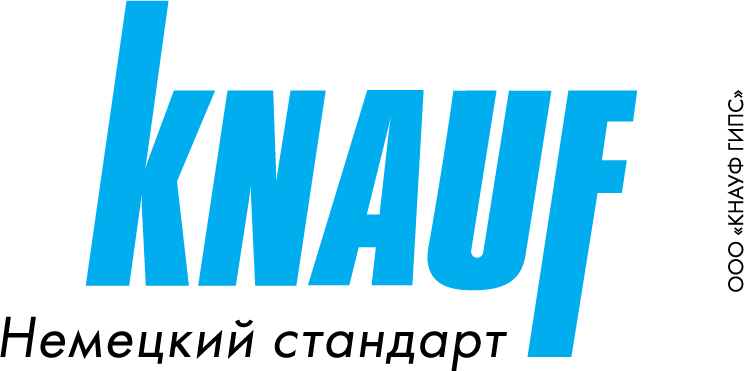Typography Center for Contemporary Art together with the Goethe-Institut Moscow present Research laboratory Experience as Art.
Laboratory is a part of Training Fantasia special program — a part of the Pop-Up-festival of German culture and the German language in Krasnodar within the framework of the Year of Germany in Russia 2020/21.
Lika Kareva, a philosopher and a teacher in the field of contemporary art, is engaged in the development of the themes and programs of the laboratory; she will also become the host of the laboratory.
Lecturers of the laboratory will be philosophers and researchers from Russia, Germany and other countries: Oxana Timofeeva (Russia), Valentin Golev (Germany), Nina Power (Great Britain), JP Caron (Brazil).
The laboratory’s program will include lectures, seminars, reading groups, and will also be integrated into other events of a special program within the framework of the Training Fantasia program.
Participants are people of different practical and theoretical specialties to participate in the laboratory — artists, philosophers, curators, art historians and practitioners of related fields. Together with the entire research team, you will be able to develop concrete answers to the questions posed by the program — both in practical and theoretical form.
Confirmed participants:
Elina Bolshenkova (Moscow)
Nick Dyagterev (Moscow)
Sasha Demina (Krasnodar)
Janna Dolgova (Saint-Petesrbourg)
Anton Zabrodin (Kaliningrad)
Elena Kolesnikova (Gelendzhik)
Lera Kononchuk (Moscow)
Olga Kudryantseva (Moscow)
Anna Litovskikh (Ekaterinburg)
Eugenia Sinenko (Gelendzhik)
Nadya Striga (Ekaterinburg)
Tatiyana Ukolova (Sochi)
Alla Mirovskaya (Moscow)
Daniela Fatykhova (Perm)
Laboratory will held from April 16 till April 25 in Krasnodar.
The program will take place in Krasnodar. Working languages: Russian, English.
EXPERIENCE AS ART educational programme starts from a basic assumption: intersubjective experience is not a given, but a constructed state. That assumption gives us an opportunity to think: what makes common experience possible (transcendental question), what are specific ways of constructing objects of human experience in such a way, such that they would be readable for another human being (art practices), and how does the reciprocal process of exchanging personal bits of experience with it’s common ground unfold on everyday level (elaboration of politics).
Lika Kareva
Lectures
April 17, 12:00
Oxana Timofeeva. Personal Experiences for Common Grounds: On the book ‘How to love your Homeland’
Lecture will be held in Russian.

© Европейский университет в Санкт-Петербурге
April 20, 20:00
JP Caron. On the equality of all minds
The final chapter of Reza Negarestani’s Intelligence and Spirit is the unfolding of the thesis of philosophy as a program that starts from a thought concerning the equality of all minds.
“The central thesis of this final chapter is that philosophy is, at its deepest level, a program—a collection of action-principles and practices-or-operations which involve realizabilities, i.e., what can possibly be brought about by a specific category of properties or forms. And that to properly define philosophy and to highlight its significance, we should approach philosophy by first examining its programmatic nature. This means that, rather than starting the inquiry into the nature of philosophy by asking ‘What is philosophy trying to say, what does it really mean, what is its application, does it have any relevance?’, we should ask ‘What sort of program is philosophy, how does it function, what are its operational effects, what realizabilities, specific to which forms, does it elaborate, and finally, as a program, what kinds of experimentation does it involve?’”
This is consistent with our lifeforming hypothesis, in the sense that if philosophy is here a program that has operational effects upon the one philosophizing, chances are that forms-of-life might be somewhat shifted by the exercise of thinking.
In this presentation we will engage with this problem through both Negarestani’s philosophy and the work of a friend and collaborator, Gabriel Tupinambá, that dislodges the problem of lifeforming to concrete organizational practice instead of philosophy as such. With both of these approaches we can have a more complete view of the problems of worldmaking as applied to forms of life, its constraints and caveats — from the theoretical point of view; from the practical-deontic point of view; and from the operational-experimental point of view.
Lecture will be held in English.
To join a lecture via Zoom please register by the link:

J.-P. Caron is a philosopher and artist based in Rio de Janeiro, Brazil. He is an associate professor of philosophy at the UFRJ (Universidade Federal do Rio de Janeiro). He’s also been practicing noise and experimental music for more than 15 years and manages with friends his own label, Seminal Records. He’s also a former member of the Circle of Studies of the Idea and Ideology, a political collective dedicated to experiments in organization.
April 22, 20:00
Nina Power. Risk, Freedom and Failure
Risk, Freedom and Failure: to be free is to be free to take risks and, subsequently, to risk failure. Against the backdrop of a culture of safetyism, infantilism and a very narrow conception of economic ‘success’ under consumer capitalism, I will defend instead — drawing on Simone de Beauvoir, Hannah Arendt, Giorgio Agamben and Anne Dufourmantelle — a philosophy of danger, adulthood, and the dignity of failure. This lecture will examine how existentialist ideas have been obscured in our contemporary world in favour of an obscuring of an open-ended conception of life, life as a project and process of becoming, rather than ‘bare life’, something only to be protected. A philosophy of risk and failure also serves as a critique of exclusionary politics of art institutions: using the example of public series «We need to Talk», initiated by Albertinum museum director Hilke Wagner in response to the critique she received, I will show, how art institutions can lead us to an open future against the fearful present.
Lecture will be held in English with a consecutive translation into Russian.
To join a lecture via Zoom please register by the link:

Nina Power is a writer and philosopher living in London. She is the author of many articles about philosophy, politics and culture. Her forthcoming book, What Do Men Want? (Penguin) is out this year.
April 24, 20:00
Valentin Golev. Inexpressible and impossible
Lecture will be held in Russian.









